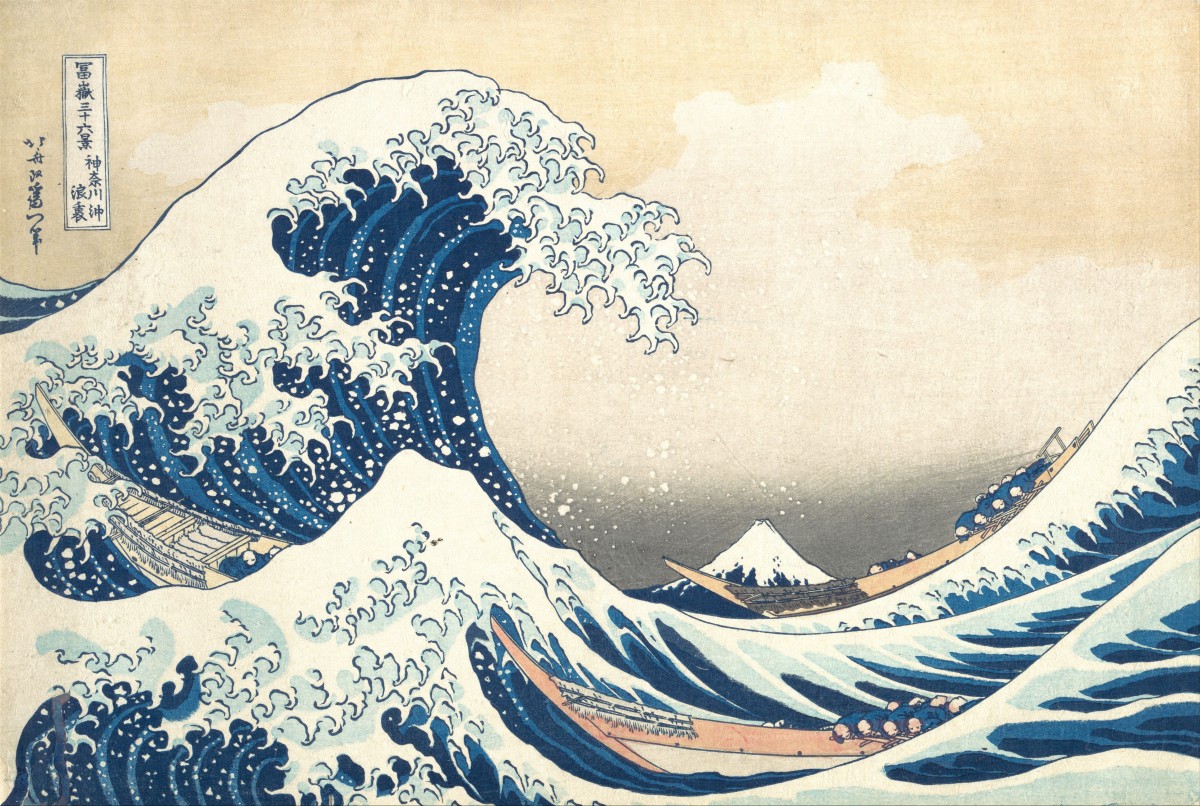In this essay, Rauch discussed about prejudice specially in the form of language. He thinks that prejudices will always exist and should exits and offensive words should be freely used based on the consensus that intellectual freedom is important.
What is prejudice? I found that prejudice means “pre” and “judice”, namely, forming an opinion before justifying. By giving an example of a university student who thought homosexuality was a disease treatable with therapy. It does sound a lot like what we usually consider it to be – prejudice. Instead, Rauch said, was it just wrong belief or hypothesis? How to define prejudice precisely? We just feel it and make a conclusion whether something is a prejudice or not. Is the process it self a prejudice?
It is not only hard to define prejudice, but also, prejudice will exist. Because if we do believe in intellectual freedom, then along with the good things, racist speeches, offensive words etc. exist as well. Rauch argued that by letting all kinds of prejudices “fight” with one another, “what survives at the end of the day is our base knowledge”. If we want to eradicate (what we think are) prejudices, “it really means forcing everyone to share the same prejudice”. One sentence was quoted: “When complete agreement could not otherwise be reached, a general massacre of all who have not thought in a certain way has proved a very effective means of settling opinion in a country (Peirce, 1877).”
It was pointed out that pluralism allows mistakes and mistakes bring changes. It actually protects the minority and the dissent. Different from that, purism, as defined by Rauch, is a conviction that “society cannot be just until the last traces of invidious prejudice have been scrubbed away”. It is now very common in our society: in universities, school, criminal law and in the workplace. We now already have lists of words that are said to be offensive. It was suggested to avoid using them. According to Rauch, there is something fundamentally wrong with eradicating prejudice by changing words. Words are not violence. Violence is violence. He said, “It is no solution to define words as violence or prejudice as oppression, and then by cracking down on words or thoughts pretend that we are doing something about violence and oppression.”
Another thing is that purists realized that changing words is not enough. Mind must be changed to eradicate prejudice because “the mere existence of prejudice constructs a society whose very nature is prejudiced.” Isn’t that familiar? It reminded me of Newspeak in 1984. Who gets to decide what is acceptable, what is politically correct and what is biased and bigoted? As said before, prejudice itself will exit. This campaign can go on and on. It has problems: if some people have the power to decide what is not proper, the abuses are inevitable; does repressing prejudice eliminate it? Sadly in society, what we do to eliminate prejudice is often itself a prejudice. Also by excluding prejudice we exclude the minority. However, “the minority’s voices are powerful weapons”.
To finish up the thoughts, Rauch quoted from Salman Rushdie, “What is freedom of expression? Without the freedom to offend, it ceases to exist.”, and agreed with it.
*Quoted sentences, unless otherwise cited, are all from J. Rauch’s In Defense of Prejudice.

Not really a defense of prejudice but a defense of freedom to express it. Given the name, I wanted to see a defense of, say, why you *should* treat people in a negative way because of something you attach to something they can’t do anything about.
As it seems that’s much more difficult to argue is fair.
And I detest seemingly dishonest titles.
No one should have the right to wake up everyday and make another person feel bad about themselves in a racially divisive way. Your personal feelings, your “freedom of speech” should take the day off.